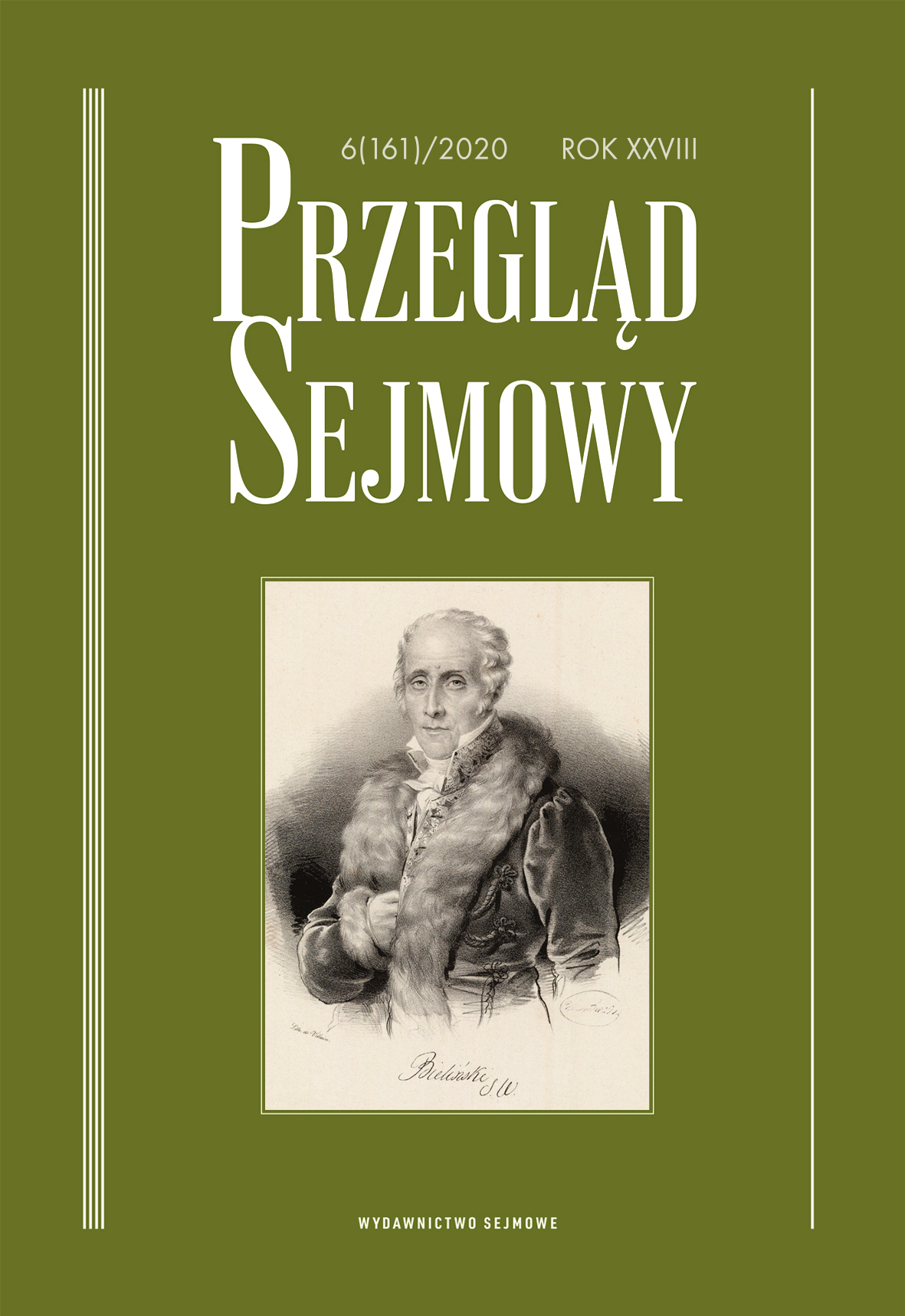Trzy „odczarowania” nowożytnej koncepcji prawa naturalnego
Three “disenchantments” of the modern concept of natural law
Author(s): Michał WendlandSubject(s): Law, Constitution, Jurisprudence, History of Law, Human Rights and Humanitarian Law
Published by: Kancelaria Sejmu
Keywords: natural law; natural rights; enlightenment;modernity;materialism;
Summary/Abstract: The article addresses, in the perspective of the history of modern philosophy, the issue of the transformation to which the concept of natural law was subject in the 17th and 18th centuries. The author shares the views of, among others, Habermas and Bobbio, according to which the modern concept of natural law has been made “more positive” or “disenchanted” (after Weber), and thus the traditionally understood law of nature was transformed into the concept of natural rights. The article distinguishes three forms of this process: the first one, i.e., the so-called bourgeois school of natural law (Grotius, Thomasius, Pufendorf); the second one, developed by representatives of the early (moderate) Enlightenment (Hobbes, Locke, Montesquieu); the third one, the most radical one, represented by the thinkers the late Enlightenment, mainly French encyclopaedists and materialists (La Mettrie, Holbach, Condorcet, Paine). Their common feature was the gradual abandonment of the metaphysical or theological foundations of natural law in favour of a naturalised ethic.
Journal: Przegląd Sejmowy
- Issue Year: 2020
- Issue No: 6
- Page Range: 169-187
- Page Count: 19
- Language: English, Polish

